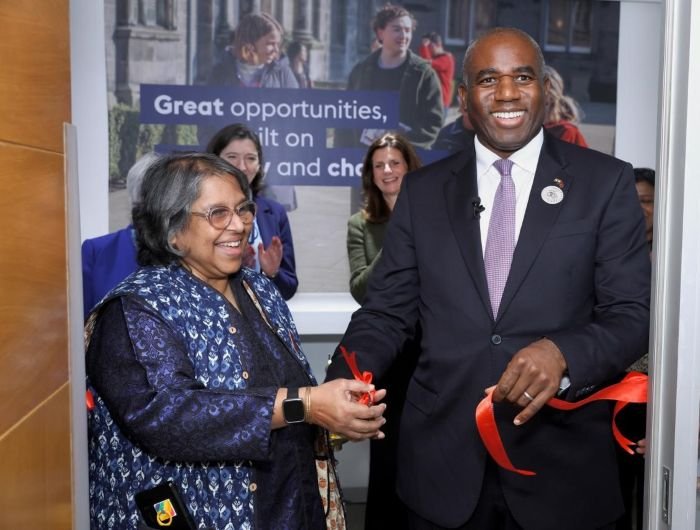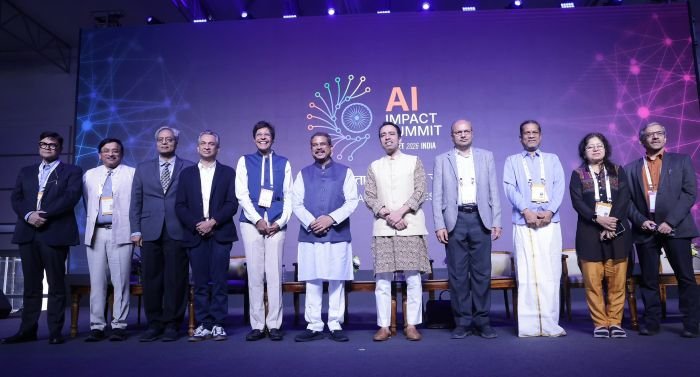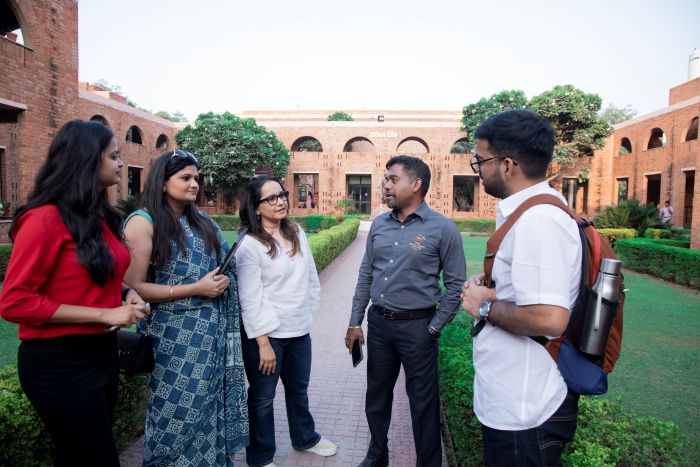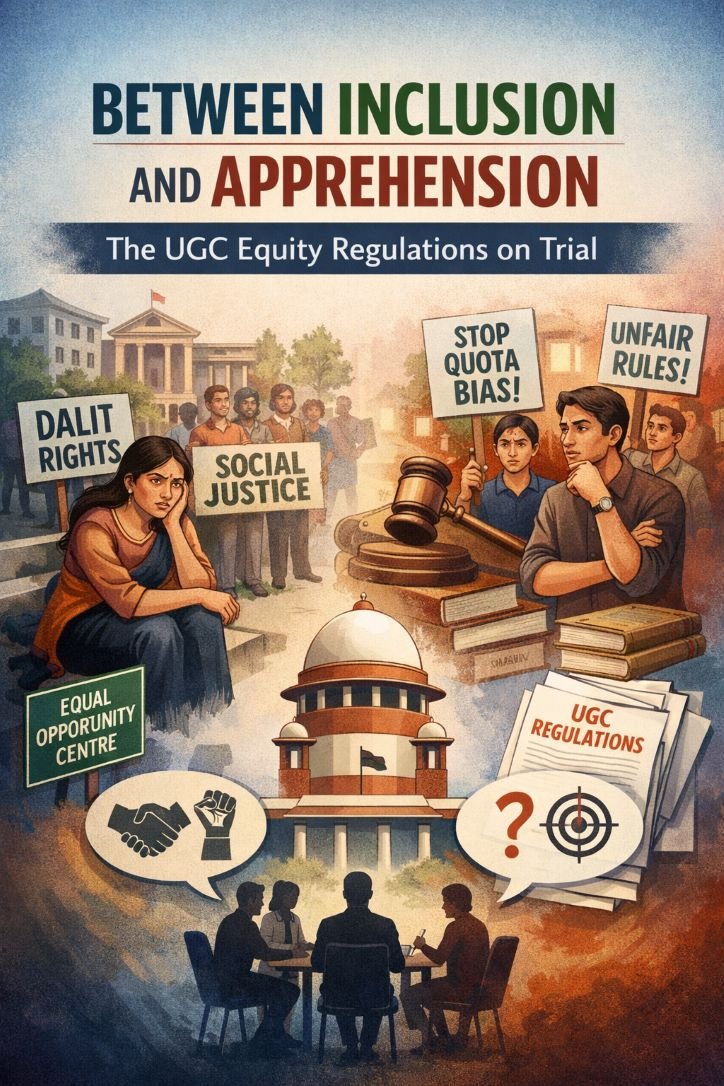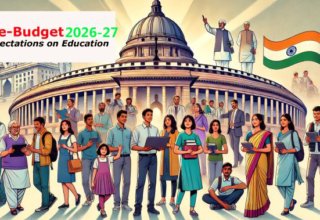
Part I
Politically speaking, education has been and continues be, both traditionally and logically, the best means of propagating an ideology. So, every ideology has its idea of how to use education to its advantage. Everybody— from left, right and centre—in fact, sees education as a project of social engineering and also a movement engine.
After independence, India like most commonwealth colonies, inherited and continued the British system of education or western form of education, which was partly fanned by Macaulayism (seeded in 1835 by Thomas Babington Macaulay) and also for its culture in terms of systematic process regimen, standards, clear divisions for mass delivery and administration and rewards besides being well entrenched into job markets, governance, judiciary and principal research and professional works and therefore aspirational.
This background naturally provided an ideal setting for furthering secularism in the country with nation building being the dominant sentiment in the backdrop of the horrors of bloody partition that required healing of the wounds, overcoming trauma and providing a hope for the future. So, Indian National Congress, which was the main political force during the freedom struggle, championed inclusiveness, and prioritized nation building as was the necessity of the times perhaps. In those circumstances, textbooks, as the mind building blocks, in all likelihood, would have been moderated and the emphasis on history, culture and sociology content in particular changed to aid in building a conducive public discourse and thought process.
While this was done for the betterment of the newborn nation, it would have also provided a big opportunity for some tricky left oriented authors and academicians to take it to another level and perhaps through the instruments of ‘research’ papers and books influence the very orientation of the youth and make them some sort of rebel against own belief systems. Being dexterous manipulators and lucid writers, it is widely believed that communists and other leftists penetrated and established themselves in the institutions and academics bodies in the decades of 1960s and 70s. The communists are known to have tried the multiplying power of education to take over the world often subtly by attacking cultures and religions through curated ‘rationalism and idealism.’
In India, after the advent of the British colonizers and their takeover of the country, British system of education thrived at the cost of trampling of the indigenous knowledge systems by ending their patronage and making them irrelevant vis-à-vis English education. So, deep inside, there always existed a pocket of rightists who nursed this grudge and passed on this rancor to next generations.
Therefore, the rise of the nationalist BJP as a champion of cultural revivalism, would also mean unsettling the ‘manipulated and bland’ textbook/education content irrigated by the ‘left liberals’ and enrich it with ‘riches’ of the cultural past. When the party had its first shot at heading a government at the centre (1999-2004), it did try in a limited way to make a few changes here and there in history and social sciences textbooks without much to convince about. Mocked and decried, the attempt at ‘saffronizing’ school education, didn’t had the intended success, but surely provided many lessons for the party strategists and sympathizers.
In 2014, the party (BJP) not only arrived with a majority Government but with a well thought action plan and strategy that went beyond the cosmetic changes to a bigger transformation with a wide reforms appeal. The party having learnt lessons well and possibly strategized better, initiated formulation of a new National Policy on Education in 2015. In its 10 years, it has successfully, repulsed the mockery it invited for half-baked research and claims by backing it with evidence and research. It has also been able to position the narrative back on the indigenous knowledge systems.
The party-led Government has done well to hybridize new and old to a palpable new and taken a scientific route to convince the people. By clearly putting the logical emphasis on mother tongue as the foundational language of instruction, it has breathed life into vernacular languages and opened future opportunities for existing and old literature availed in them for wider use. That has also in a way brought curtains on the education colonialism and ended years of playing as apologists on civilizational knowledge content, values and heritage. Now those notions are for sure changing to assertions and to donning the hat of its proud owners and progenies of the oldest surviving civilization.
As education models or for that matter building robust systems and institutions is a work that takes many years together for showing the intended result, the past 10 years can be seen as the foundational years for this rightist march. However, the real growth and forward journey of this model will see the usual long gestation period and organic journey before it can be judged to see if the vision behind this paradigm shift really delivered the intended transformation and outcomes or not? -AN
(In this series, we’ll touch all segments of education from school to higher and skills education)



